Governor Chukwuma Soludo of Anambra State recently raised a significant alarm over the Nigerian National Petroleum Corporation’s (NNPC) failure to remit oil revenue to the federal government, a development that has sparked widespread concerns about Nigeria’s financial health. His criticism sheds light on the growing fiscal challenges facing the country, as oil revenue remains a critical source of income for the Nigerian government. The NNPC’s apparent lapses in meeting its financial obligations have not only raised eyebrows but have triggered calls for greater transparency and accountability within the nation’s oil sector.
Nigeria, as a major oil-producing nation, has long relied on the export of crude oil as a primary driver of its economy. Oil sales have historically provided the bulk of the government’s revenue, funding infrastructure, public services, and debt servicing. However, the recent revelation that the NNPC has not been remitting oil proceeds as required has thrown Nigeria’s economic stability into question. Soludo, known for his outspoken stance on fiscal responsibility, has warned that this shortfall could have dire consequences for the nation’s financial well-being, especially at a time when the government is grappling with inflation, rising debt, and other macroeconomic challenges.
Soludo’s criticism also points to a larger issue: the opacity within the NNPC and its operations. For years, the corporation has been plagued by accusations of inefficiency, corruption, and a lack of accountability. Many stakeholders have called for structural reforms in the NNPC, with the hope that increased transparency would improve governance and reduce the systemic leakages that have historically deprived Nigeria of vital revenue. The governor’s remarks may reignite discussions on restructuring the NNPC and pushing for reforms to ensure that Nigeria benefits more fully from its oil wealth.
The failure of the NNPC to remit oil funds is not just an economic concern but a political one as well. As Nigeria faces pressing development challenges, the inability of key institutions like the NNPC to meet their obligations further exacerbates the situation. Governor Soludo’s criticism is a call to action for both the federal government and the NNPC to address these critical financial issues, which could impact the nation’s long-term growth and stability.
The call for better financial management within the NNPC is timely, as Nigeria must ensure that its oil resources are harnessed effectively to support its development agenda.



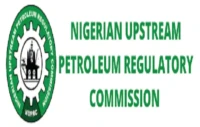

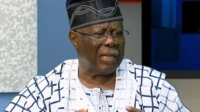
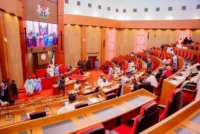

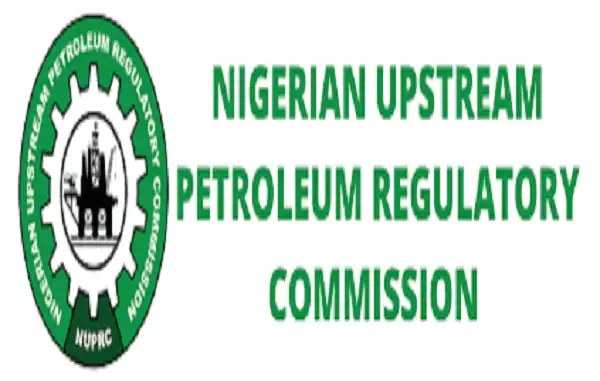
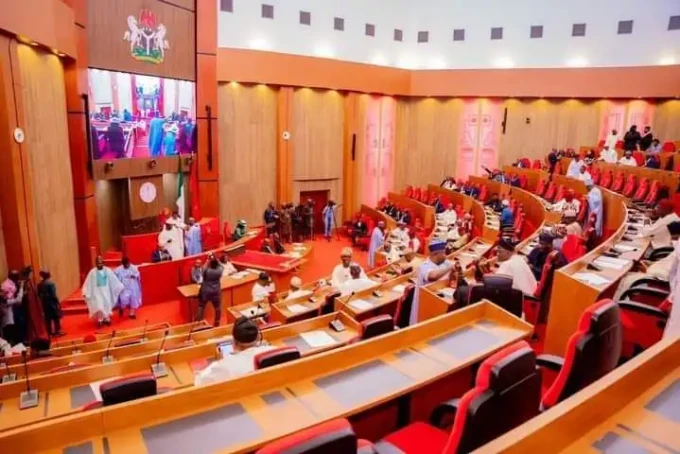

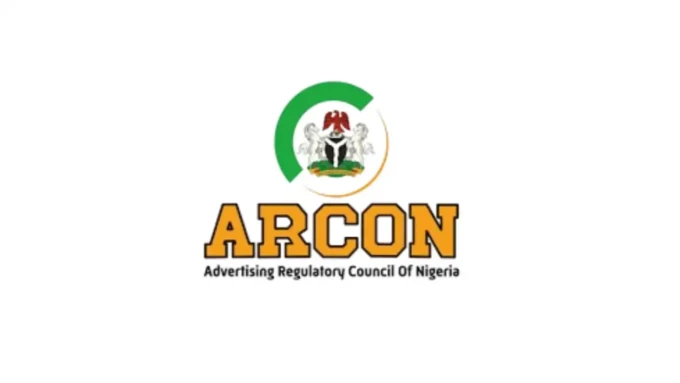
I think we should just privatize the entire oil industry in Nigeria. Let the market sort it out. What could go wrong?
I dont trust Soludos motives. Maybe NNPC had valid reasons. Lets not jump to conclusions so quickly.
Honestly, maybe Governor Soludo should just take over NNPC himself if they cant get their act together. Time for some real change!
Can we really trust the government to handle oil funds properly? Maybe its time for a complete overhaul of the system.
Trust the government? Ha! Complete overhaul is long overdue. Time for change.
I think Governor Soludo is right to call out NNPC. Nigerias financial stability is at risk and transparency is crucial.
Governor Soludo is spot on. NNPC needs to be held accountable for the sake of Nigerias economy.
I think Governor Soludo should take over NNPC himself if hes so concerned. Lets see if he can do better!
I think Governor Soludo is just trying to shift blame. Maybe NNPC has valid reasons for not remitting funds.
I think Governor Soludo is just trying to shift blame. Maybe NNPC has valid reasons for the delay. Lets hear both sides!
I think NNPC needs to be held accountable for their actions. Its time for transparency and honesty in Nigerias financial system.
Is it really a surprise that NNPC is failing to remit oil funds? Nigerias financial stability has always been a rollercoaster ride.
Governor Soludo is spot on! NNPC needs to be held accountable for jeopardizing Nigerias financial stability. Time for change!
I cant believe NNPC is still causing financial instability! Soludo is right to call them out. Time for accountability!
I cant believe NNPCs negligence! Nigerias financial stability is at risk. Soludo is right to call them out. Time for accountability!
Is NNPC really to blame here or are there larger systemic issues at play? 🤔 Lets dig deeper. #Nigeria #FinancialStability
Is NNPC really to blame for Nigerias financial instability, or is Governor Soludo deflecting responsibility? Lets discuss!
Is NNPC really to blame for Nigerias financial instability? Maybe its time for a deeper look at the countrys economic structure.